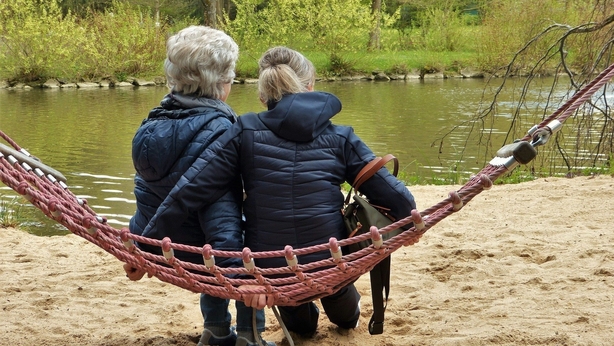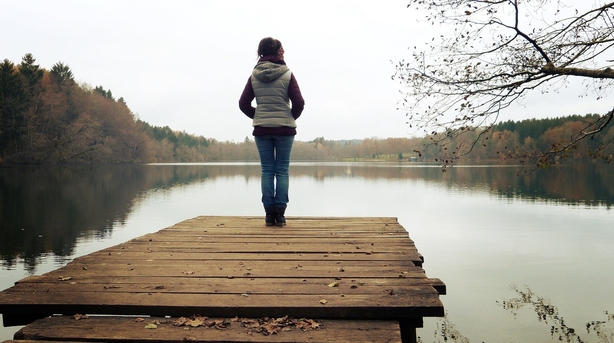Leading up to International Women's Day Boots are tackling important health issues that relate to women, including Menopause, which is a very significant time in a woman's life that can be misunderstood by many people.
Boots pharmacist, Heather Feeney hopes to debunk some of the myths and give you the honest truth about a stage in women’s life that can be quite daunting.
Firstly, what exactly is menopause?
'The change’, ‘the climacteric’, ‘the time of life’ – call it what you will, it is an unavoidable fact that all women go through the menopause. It’s the end of egg production which occurs as a result from falling levels of the female sex hormone oestrogen which regulated a woman’s periods.
It’s a natural part of aging as a woman’s oestrogen levels decline. A woman’s period doesn’t usually stop suddenly; they become less frequent with the odd period missed before stopping altogether.
"It’s classified as menopause, when you haven’t had a period for a year," says Heather. "Perimenopause is the start of the levels of oestrogen decline and that can last a few years. And you can have some symptoms last a few years after full menopause."

When does the menopause usually happen?
A woman reaches menopause once she has not had a period for a year. The average age for a woman to go through menopause is 52. Around 1% of women experience menopause before 40 and 0.1% of women under the age of 30 which is known as premature menopause.
"If you’re in your thirties or early forties and think you’re experiencing symptoms you can go to your doctor and have your oestrogen levels checked," advises Heather.
What are the symptoms of menopause?
Approximately 8 out of 10 women experience symptoms leading up to the menopause, with 45% of these finding their symptoms difficult to deal with. "It’s along a spectrum and everyone will experience a different mix of symptoms, it’s very specific to each women," says Heather.
Usually the first symptom is a change in your regular period pattern including how often you get your period to the heaviness of your flow. "What a lot of people don’t realise is that you can still get pregnant during menopause. So what we recommend is so carry on using contraception for two years after your last period if you are under 50 and for one year if you are over 50," remarks Heather.
As for putting on weight, a lot of women blame this on menopause, although Heather says that this isn’t necessarily the case; "It’s a stage in life where you might becoming a little less active but there’s nothing to say that menopause itself causes weight gain."
Most women will experience hot flushes, sleep disturbance and some may experience vaginal dryness, urinary infections and loss of bone bulk. If you experience any of these severe symptoms, make sure to consult your doctor as hormone replacement therapy can be effective in treating them.
There’s a myth that if your mother had a terrible time during menopause that it will be the same for you, this is untrue, says Heather but she does add; "When your mother went through menopause is a good indicator as to when you might go through it but not how your symptoms will be or the severity of it does not relate."

What’s the best way to ease hot flushes?
A lot of things are common sense – take regular exercise, wear light clothing, keep your bedroom cool at night, try to reduce your stress levels and avoid potential triggers, such as spicy food, caffeine, smoking and alcohol.


